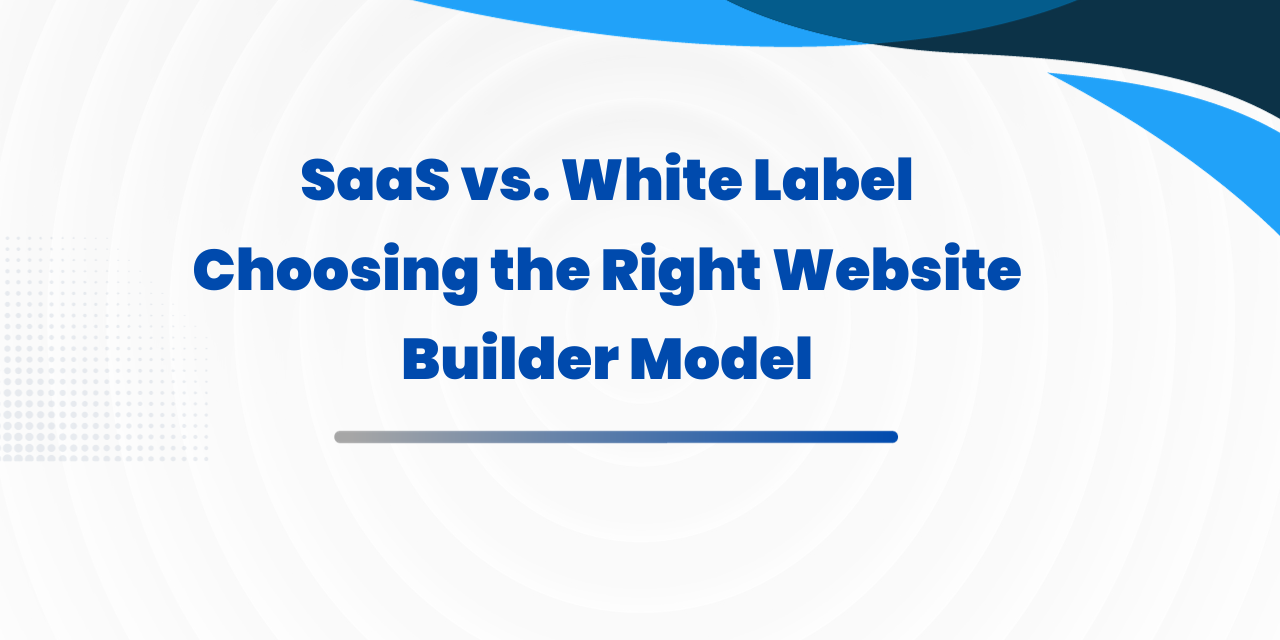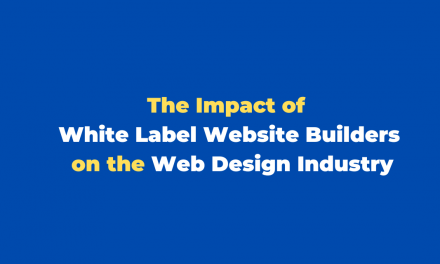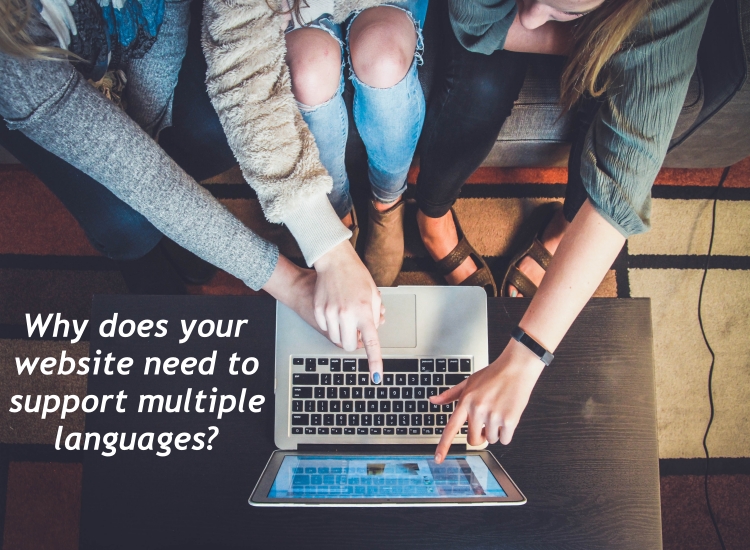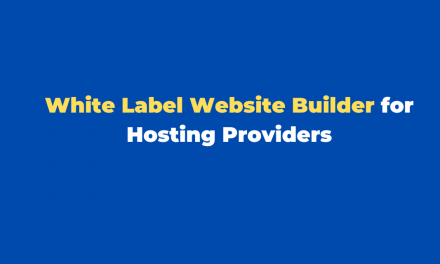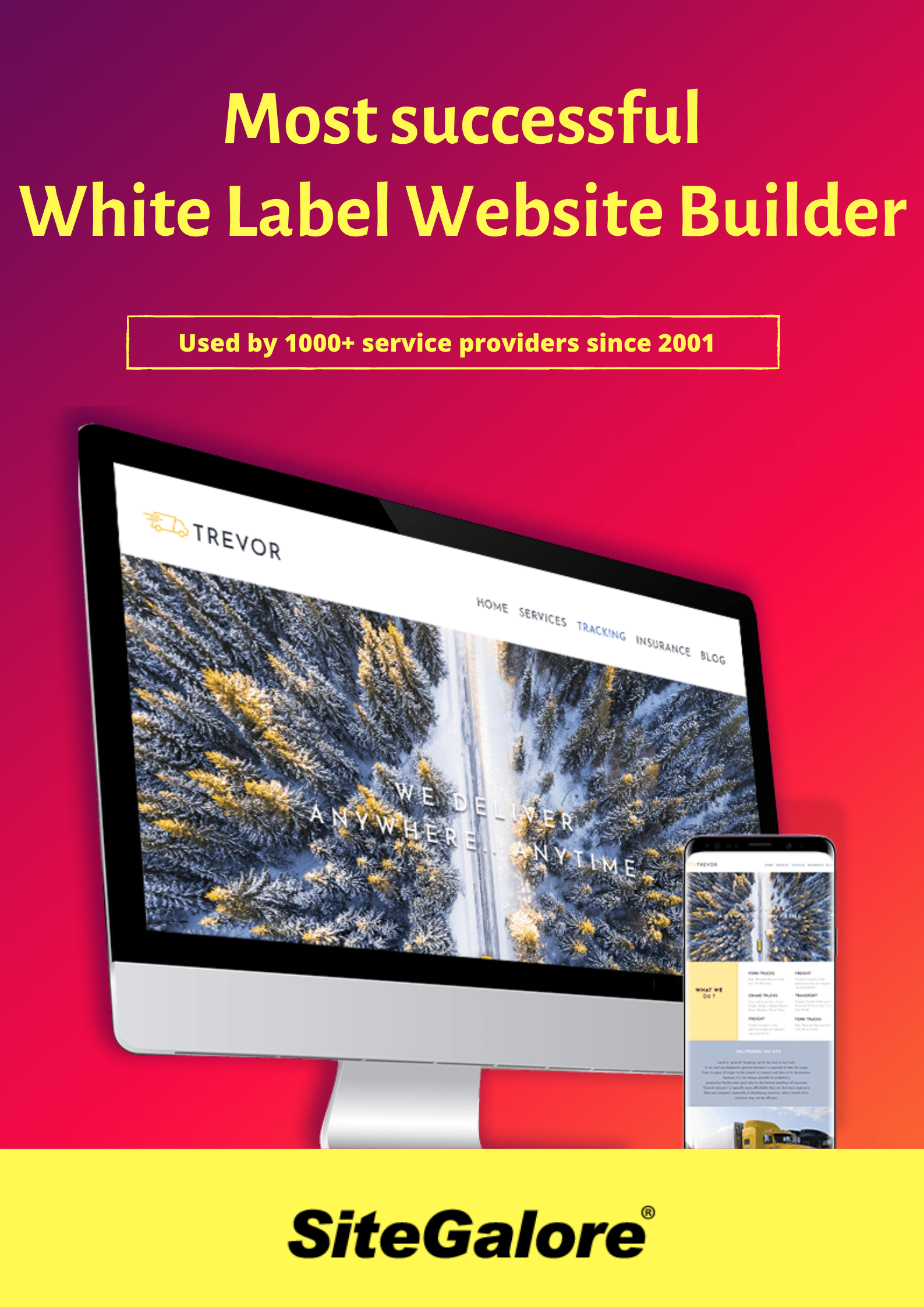In the realm of web design and hosting services, the choice between a Software as a Service (SaaS) website builder and a White Label solution is a pivotal decision for design agencies and hosting providers. These two distinct approaches offer unique advantages and cater to different needs within the industry. In this comprehensive article, we will explore the differences between SaaS website builders and White Label solutions, providing insights to help design agencies and hosting providers make informed choices that align with their business goals and client demands.
Understanding SaaS Website Builders
SaaS (Software as a Service) website builders are cloud-based platforms that provide a range of tools and features for creating and managing websites. These platforms are typically managed and maintained by a third-party provider, and users access them through web browsers. SaaS website builders are renowned for their user-friendly interfaces, extensive template libraries, and the convenience of hosting services bundled into one package.
Key Features of SaaS Website Builders
- Ease of Use: SaaS website builders are designed to be user-friendly, making them accessible to individuals with minimal technical expertise. This simplicity facilitates rapid website creation.
- Templates and Themes: These platforms offer a wide selection of professionally designed templates and themes that users can customize to create unique websites.
- Hosting Included: SaaS website builders often include hosting services as part of their packages, simplifying the process of getting a website online.
- Maintenance and Updates: The provider handles maintenance, security updates, and software upgrades, reducing the technical burden on users.
- Scalability: Users can typically choose from various pricing tiers to accommodate their needs as their websites grow.
Understanding White Label Solutions
White Label solutions, on the other hand, offer a different approach to website building and hosting services. With white label solutions, a provider offers a website building and hosting platform that can be rebranded and resold by other businesses under their own brand name. This allows design agencies and hosting providers to offer website building and hosting services to their clients without the need to build the infrastructure from scratch.
Key Features of White Label Solutions
- Branding: White Label solutions empower businesses to brand the platform as their own, creating a seamless and consistent experience for their clients.
- Customization: Providers can customize the platform to align with their specific offerings, services, and pricing structures.
- Independence: White Label solutions provide businesses with greater control over the platform, including pricing, features, and customer support.
- Scalability: Similar to SaaS builders, white label solutions often offer scalability options, allowing businesses to expand their services as their client base grows.
Exploring the Differences
Now that we have established a solid understanding of both SaaS website builders and White Label solutions, let’s delve into the key differences between these two approaches:
1. Branding and Control
- SaaS Website Builders: While SaaS website builders offer customization options, businesses using these platforms are bound by the provider’s branding and design limitations. The platform’s identity remains tied to the provider, which can impact brand consistency.
- White Label Solutions: White Label solutions provide complete branding freedom. Businesses can apply their branding elements, such as logos and color schemes, to the platform, creating a consistent and fully branded experience for their clients.
2. Hosting and Infrastructure
- SaaS Website Builders: Hosting is typically included with SaaS website builders, simplifying the process for users. However, the hosting infrastructure and server management are entirely controlled by the provider, leaving businesses with limited control over server configurations.
- White Label Solutions: With white label solutions, businesses have more control over the hosting infrastructure. They can choose their hosting providers, tailor server configurations, and ensure data security according to their preferences.
3. Customization and Features
- SaaS Website Builders: These platforms offer a range of pre-built templates and themes, and while users can customize these templates, the level of customization may be limited compared to white label solutions.
- White Label Solutions: White Label solutions often provide more extensive customization options. Businesses can tailor the platform’s features and functionality to meet the unique needs of their clients and industry. This flexibility is especially valuable for design agencies looking to create highly customized websites.
4. Pricing and Profitability
- SaaS Website Builders: Pricing for SaaS website builders typically involves subscription-based models, with businesses paying regular fees for access. Profit margins may be lower due to the fixed pricing structure set by the provider.
- White Label Solutions: White Label solutions allow businesses to set their pricing, which can lead to higher profit margins. The ability to bundle website building and hosting services under a single package can also increase revenue potential.
5. Technical Expertise
- SaaS Website Builders: SaaS platforms are designed to be user-friendly, making them accessible to individuals with varying levels of technical expertise. Businesses can rely on the provider’s technical support for most issues.
- White Label Solutions: While white label solutions offer more control, they may require a higher degree of technical knowledge for server management, customization, and troubleshooting. This independence comes with the responsibility of managing technical aspects, including server security and updates.
6. Customer Support and Service
- SaaS Website Builders: SaaS providers typically offer customer support for the platform itself, including assistance with using the website builder. However, they may not provide support for hosting-related issues or customizations beyond the platform’s capabilities.
- White Label Solutions: With white label solutions, businesses have the flexibility to provide comprehensive customer support to their clients, addressing both website building and hosting-related concerns. This end-to-end support can enhance the overall client experience and build stronger customer relationships.
Making an Informed Choice
Choosing between a SaaS website builder and a White Label solution is a decision that hinges on various factors, including your business goals, technical expertise, branding requirements, and client needs. Here are some considerations to help you make an informed choice:
When to Choose a SaaS Website Builder:
- Simplicity: If you prioritize ease of use and want a straightforward solution for quickly creating websites, a SaaS website builder may be the right choice.
- Limited Technical Resources: If your team lacks extensive technical expertise or you prefer to offload server management and updates to a third party, a SaaS builder can be a practical option.
- Brand Flexibility: If your branding requirements are flexible and you don’t mind your platform being associated with the provider’s brand, a SaaS solution may suffice.
- Rapid Deployment: SaaS builders are known for their rapid deployment, making them ideal for projects with tight timelines.
When to Choose a White Label Solution:
- Branding Control: If branding control and creating a fully customized and consistent experience for your clients are top priorities, a White Label solution is the way to go.
- Technical Expertise: If you possess or are willing to acquire the technical knowledge required for server management, customization, and advanced features, a White Label solution offers greater independence and customization options.
- Profitability: If you want to set your pricing, maximize profit margins, and bundle website building and hosting services under your brand for increased revenue potential, a White Label solution provides the necessary flexibility.
- Comprehensive Support: If you aim to provide end-to-end support to your clients, including hosting-related assistance and tailored solutions, a White Label solution allows you to deliver a more comprehensive service.
Conclusion
The choice between a SaaS website builder and a White Label solution is a significant decision that should align with your business strategy, client requirements, and technical capabilities. By carefully evaluating the key differences and considering your specific needs, you can select the model that best supports your growth and enables you to provide exceptional services to your clients. Whether you opt for the simplicity and convenience of a SaaS website builder or the control and branding opportunities of a White Label solution, your decision should empower you to excel in the competitive landscape of web design and hosting services.

